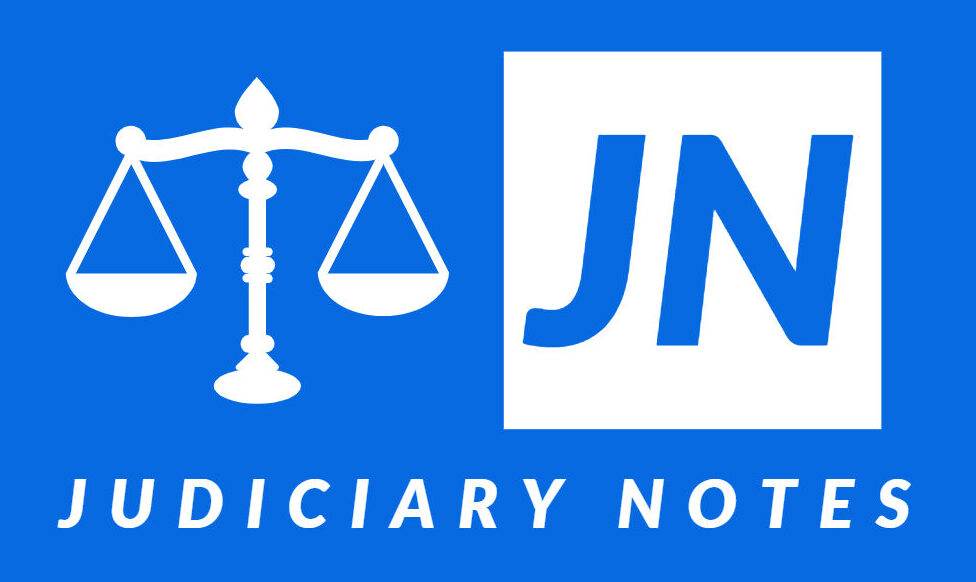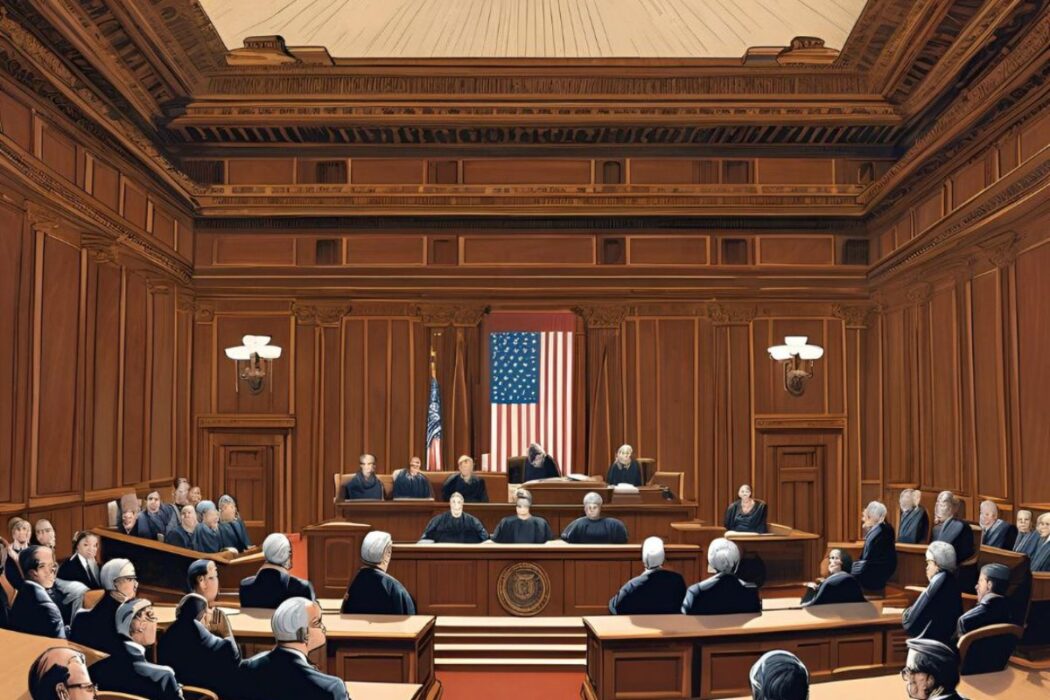Supreme Court Rules on Presidential Immunity in Trump Case
In a closely watched decision, the Supreme Court of the United States ruled 6-3 in Trump v. United States that former Presidents are entitled to absolute immunity from criminal prosecution for actions taken within their constitutional authority. The ruling, authored by Chief Justice John Roberts, clarified the limits of presidential immunity while leaving the door open for accountability in unofficial acts.
The Decision at a Glance
The Court ruled that:
- Former Presidents have absolute immunity from prosecution for actions within their conclusive and preclusive constitutional authority.
- They are entitled to presumptive immunity for all official acts conducted during their presidency.
- No immunity is granted for unofficial acts undertaken outside their official duties.
Chief Justice Roberts, writing for the majority, emphasized that this balance preserves the integrity of the executive branch while allowing accountability for conduct unrelated to presidential authority.
Minecraft Movie Makers Break Silence on Backlash: ‘We’re Building Something Unique’
Hip-Hop Legend Saafir Dies at 54: Xzibit Leads Emotional Tributes—‘My Soul Is Crushed’
Diverging Opinions Among Justices
The decision was accompanied by several separate opinions:
- Justice Clarence Thomas filed a concurring opinion, supporting the majority’s reasoning but expanding on the scope of constitutional authority.
- Justice Amy Coney Barrett filed an opinion concurring in part, agreeing with the outcome but raising concerns about the boundaries of presumptive immunity.
- Justice Sonia Sotomayor filed a dissenting opinion, joined by Justices Elena Kagan and Ketanji Brown Jackson, arguing that the ruling risks creating a lack of accountability for presidential misconduct.
- Justice Ketanji Brown Jackson also filed a separate dissent, emphasizing the dangers of overextending immunity protections in a democratic system.
What This Means for Presidential Accountability
The ruling has profound implications for the legal system and the presidency itself. It establishes clear protections for Presidents, even after leaving office, but underscores that these protections are not without limits. Actions taken outside the scope of constitutional authority remain subject to prosecution.
Reactions to the Ruling
The decision has ignited widespread debate. Supporters argue that the ruling safeguards the executive branch from politicized prosecutions, preserving the stability of the presidency. Critics, however, warn that it risks shielding Presidents from accountability.
“This ruling provides necessary clarity on the scope of presidential immunity,” one legal analyst noted. “But it also highlights the ongoing tension between protecting executive power and ensuring no one is above the law.”
Looking Ahead
The Supreme Court’s decision in Trump v. United States is expected to influence how future Presidents approach their responsibilities and could reshape legal arguments surrounding presidential accountability for years to come.
For the full decision, read here: Supreme Court Opinion.

